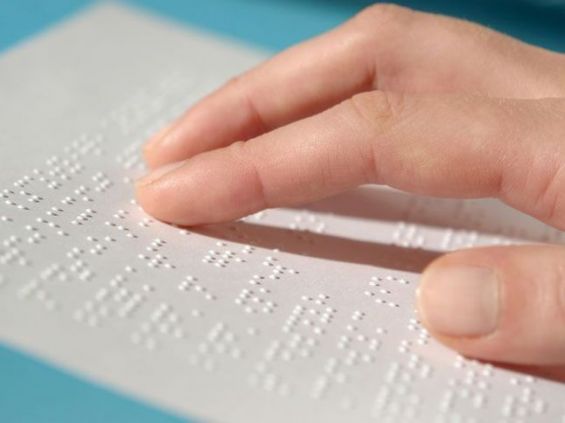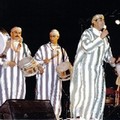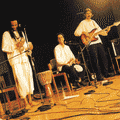On the 4th of January, the world commemorates the birth of Louis Braille, the French educator and inventor of a system of reading and writing for use by the blind or visually impaired. The tactile writing system which remained virtually unchanged to this day is based on a method represented by dots. Celebrating this international day is also an opportunity to shed light on the people suffering from this disability and their situation here in Morocco especially when it comes to education.
In Morocco, the most recent figures regarding this subject date back to 2015. In February 2016, the Ministry of Solidarity, Women, Family and Social Development published a survey on disability in Morocco. The study generally focused on the fact that disabled people can hardly make it to school. The report is based on a number of factors explaining why blind and visually impaired students are the most to drop out from school.
NGOs instead of schools
Fortunately, a series of training centers were established to take care of children with visual impairment in Morocco. The Alaouite Organization for the Promotion of the Blind (OAPAM), created in 1967, is a great example. Its 13 centers located in several regions of Morocco provide education for the visually impaired children ready to be schooled. Since 1998, the Moroccan Braille League (LBM), through its Taza center, has been offering the same services.
The NGO covers different levels, says Azelarab Idrissi, the founder and president of the association. He explained that the organization focuses on «combating blindness, teaching Braille and assisting the blind or visually impaired».
«Our association is also working on the approach based on 'the Rights of Persons with Disabilities'. Recently, we have also started working on a fourth theme, which is set to prepare young people with visual impairment to sit for certified exams, such as the baccalaureate.»
Currently, more than 10 people have already obtained their baccalaureate, 12 others have managed to get their primary school certificate while four youngsters were granted their middle school degree. These young people are also freely hosted by the center implemented in Taza, stated Azelarab Idrissi. In 2017, 12 girls and 12 boys were staying there, he added.
The Moroccan Braille League is closely working with the Office of Vocational Training and Promotion of Employment by offering to these young people degrees that are recognized by the state. The NGO also cooperates with the Ministry of National Education for the grant of degrees and diplomas.
Young impaired youngsters on the other hand face a number of obstacles when it comes to employment. «It is not always easy, but it’s important for them to come here», said the founding president of the Moroccan Braille League. The activist also pointed out at how significant it is for these people «to meet others challenged by the same situation».
«Public institutions need to change their ways in order to receive these people who by their turn were trained to fit the available job opportunities. For example, computers should be equipped with a Braille display to allow the visually impaired employees work independently».
Braille and speech synthesis : two complementary systems
The struggle of visually impaired people is highly witnessed in schools and universities. «When sitting for exams, visually impaired persons always need someone to write for them. They have the opportunity to take these exams in Braille and their papers can be later corrected by Braille teachers», suggests Azelarab Idrissi. «Things are not really developed in Morocco», he admitted.
The second major claim he made is related to the «Marrakech Treaty», signed by the kingdom in 2013 but still not ratified. This agreement aims to facilitate access for the blind.
«In 2013, there was the Marrakech Treaty. It must allow the visually impaired people to have access to communication and printed materials», he recalls. The ratification and implementation of this treaty, offers the possibility of transcribing books in Braille for the benefit of students in need of references, books or memoirs. «In the world we live in, there is not even 1% of documents published annually and transcribed in Braille», said the activist with a sigh.
But in a world where technology is advancing at a high speed, some are now using voice synthesis instead of using the Braille system. «Braille has been an effective system for years but unfortunately, it is not well used by children and young people with visual impairment prefer to utilize speech synthesis. It's been 200 years since Braille existed, technology will not replace it, but it can help», he said before emphasizing that «the continuity of this system and its effectiveness come from the fact that it was created by a blind person». «If we really care about it, Braille will allow these people to integrate, to be independent and to be a productive part of the society».




 chargement...
chargement...












